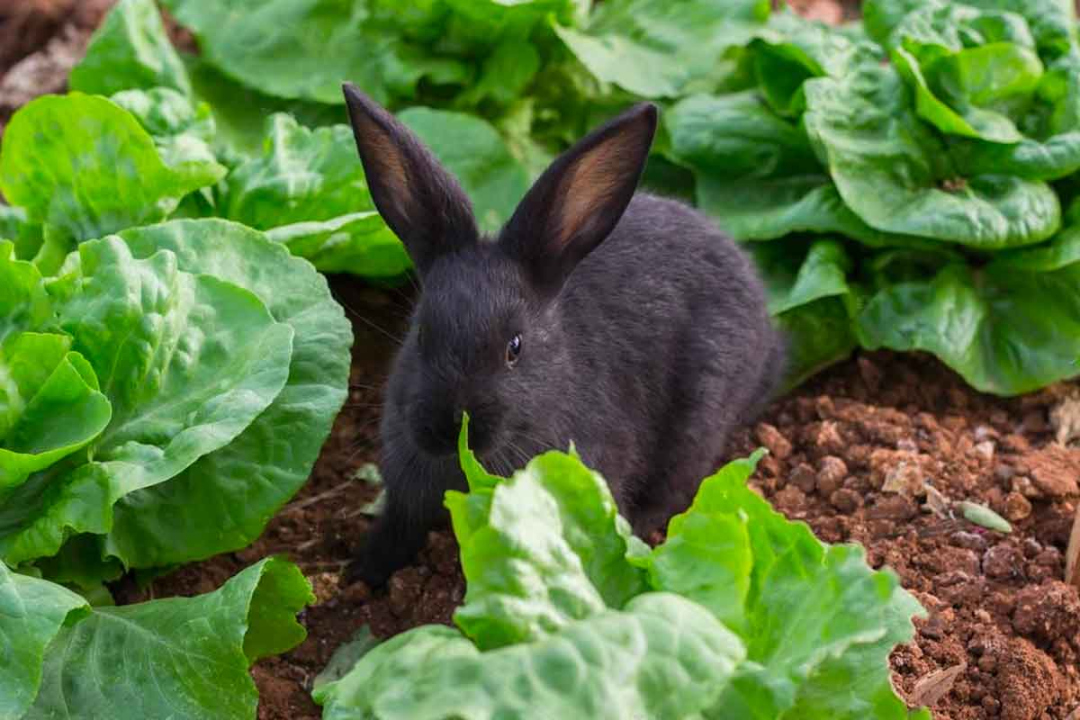Can Rabbits Eat Cabbage?
When it comes to feeding our furry friends, it is essential to know which foods are safe and suitable for them. Rabbits are herbivores and have a unique digestive system, so it’s crucial to ensure that their diet includes the right balance of nutrients. One common question that many rabbit owners have is whether it is safe for rabbits to eat cabbage. Let’s take a closer look at the topic and find out if cabbage is a suitable addition to a rabbit’s diet.

The Benefits of Cabbage for Rabbits
Cabbage is a leafy vegetable that belongs to the Brassica family. It comes in various forms, including green, red, and savoy cabbage. Cabbage is packed with essential vitamins and minerals that can provide several health benefits for rabbits when fed in moderation. Some of the benefits of feeding cabbage to rabbits include:
- Vitamin C: Cabbage is a rich source of vitamin C, which is crucial for a rabbit’s overall health. It helps boost the immune system, aids in collagen production, and acts as an antioxidant.
- Fiber: Cabbage contains a good amount of dietary fiber, which is essential for maintaining a healthy digestive system in rabbits. It helps prevent constipation and other gastrointestinal issues.
- Hydration: Cabbage has a high water content, which can help keep rabbits hydrated, especially during hot weather.
- Antioxidants: Cabbage contains antioxidants that can help protect rabbits from oxidative stress and promote overall well-being.
Despite these benefits, it’s important to remember that cabbage should only be given to rabbits in moderation. Too much cabbage can lead to digestive upset and gas, causing discomfort for your furry friend.
Potential Risks of Feeding Cabbage to Rabbits
While cabbage can be a healthy addition to a rabbit’s diet, there are some potential risks to be aware of:
- Gastrointestinal Upset: Rabbits have delicate digestive systems, and sudden dietary changes can upset their stomachs. Introducing cabbage too quickly or in large quantities can cause gas, bloating, and diarrhea.
- Oxalates: Cabbage contains oxalates, which can hinder calcium absorption. In excessive amounts, oxalates can potentially lead to urinary problems in rabbits.
- Thyroid Issues: Some studies suggest that certain compounds found in cabbage can interfere with the thyroid function of rabbits. While this is rare, it’s important to be cautious and monitor your rabbit’s health after introducing cabbage to their diet.
Note: It is always recommended to introduce new foods gradually into a rabbit’s diet and monitor their reaction. If you notice any signs of discomfort or digestive issues, it’s best to consult a veterinarian.
Frequently Asked Questions (FAQs)
1. How much cabbage should I feed my rabbit?
Cabbage should be fed to rabbits in moderation. Start by offering a small amount, around one or two small leaves, and observe how your rabbit reacts. If there are no digestive issues, you can gradually increase the amount but still avoid excessive consumption.
2. Is it safe to feed all types of cabbage to rabbits?
Yes, rabbits can eat different types of cabbage, including green, red, and savoy cabbage. However, it’s important to avoid feeding them fermented or spoiled cabbage, as it can cause digestive problems.
3. Can cabbage replace hay in a rabbit’s diet?
No, cabbage should never replace hay in a rabbit’s diet. Hay is a vital part of a rabbit’s diet as it provides the necessary fiber for proper digestion and keeps their teeth in good condition. Cabbage should be considered as a treat or occasional addition to their diet.
4. Are there any alternatives to cabbage for rabbits?
Yes, there are several other vegetables that are safe for rabbits to eat. Some examples include lettuce, spinach, kale, and bok choy. However, as with cabbage, these vegetables should also be introduced gradually and in moderation.
In conclusion, cabbage can be a healthy addition to a rabbit’s diet when fed in moderation. It provides essential vitamins, minerals, and fiber that contribute to overall well-being. However, it’s crucial to introduce cabbage gradually and monitor your rabbit’s reaction to avoid any digestive upset or potential health risks. If you have any concerns or questions about your rabbit’s diet, it’s always best to consult a veterinarian for guidance.
Related Articles…
Copyright Notice:
Images displayed on this website are not our property, but are procured from the internet. If you hold copyrights to any image and wish for its removal, please get in touch with us.